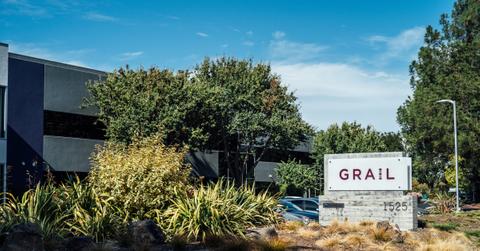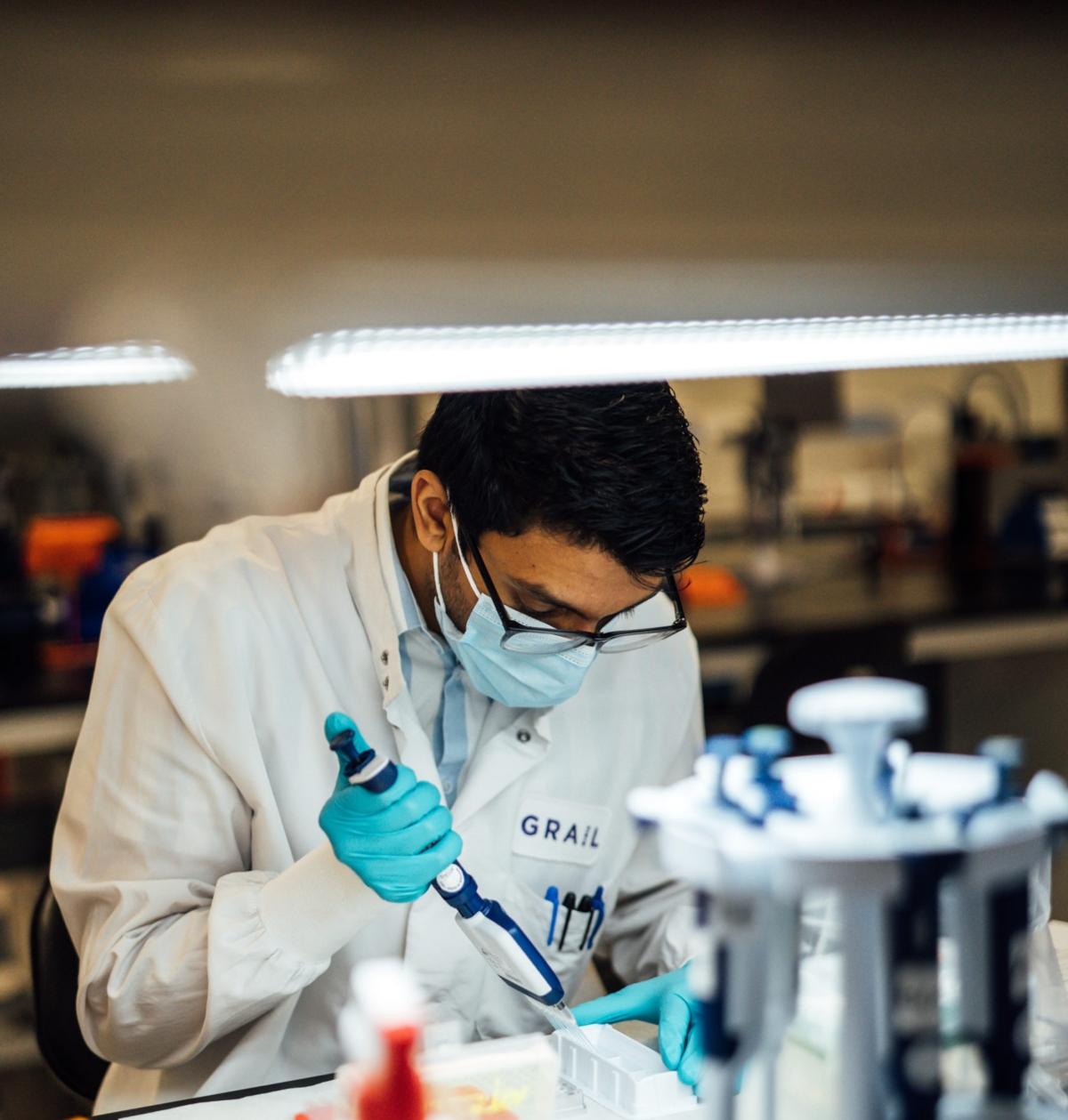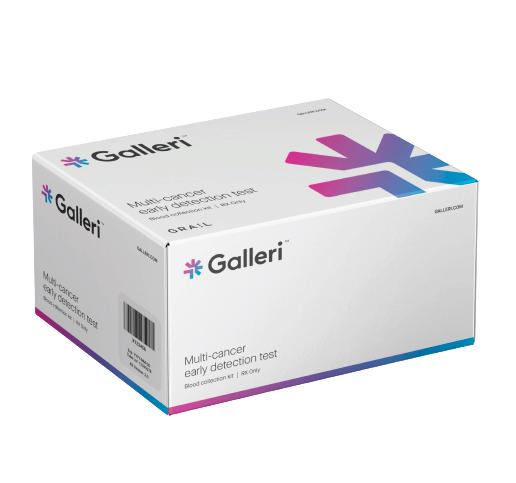Grail Isn't Publicly Traded Yet Despite Groundbreaking Cancer Test
Grail is a biotechnology startup focused on its early blood test to screen for over 50 types of cancer. Scientists say it's accurate enough for use to detect cancer earlier.
June 25 2021, Published 2:13 p.m. ET

Grail is not publicly traded at this time.
In a world where cancer is still a terrifying diagnosis even after decades of medical research, Grail is working to revolutionize the way doctors screen for many types of cancers. Currently, Grail isn't publicly traded on its own, although it did file for an IPO in September of 2020.
The company’s primary product, which has been in development for several years, is Galleri, which is a detection test to help diagnose cancer in much earlier stages than is currently possible. Galleri is effective at detecting over 50 types of cancers. Its goal is to make earlier detection the norm, which theoretically makes cancer more treatable in many cases.
When Grail initially filed to go public last fall, it offered caution due to its lack of revenue and the possibility that it might never become profitable.
Grail’s cancer-detection test is ready for rollout
This week, Grail announced updates on the accuracy of its flagship product. The test can detect 50-plus cancers before someone would normally observe symptoms. Early detection of cancer is often said to be one of the biggest factors in improving the chances of survival.
The Guardian reported that in a recent study of patients with and without cancer, the Galleri test correctly identified cancer in 51.5 percent of cases across various stages of the disease. It only wrongly identified cancer in 0.5 percent of cases.
Dr. Eric Klein, the chairman of the Glickman Urological and Kidney Institute at Cleveland Clinic, who participated in the research, said, “Finding cancer early, when treatment is more likely to be successful, is one of the most significant opportunities we have to reduce the burden of cancer.”
How Grail’s test works
Galleri, the test developed by Grail, works by looking for chemical changes in fragments of genetic code that leak from tumors into the bloodstream. Scientists say the latest results indicate the “liquid biopsy” test has a high enough accuracy rate to be used in screening for the applicable cancers.
Grail says that more than 45 of the cancers its test can detect currently have no screening options available.
Grail and Illumina
Soon after its plans were announced to pursue an IPO, gene-sequencing firm Illumina announced its intentions to purchase Grail. Illumina is publicly traded on the Nasdaq under the symbol "ILMN," and its $8 million acquisition of Grail would give the company access to the groundbreaking Galleri blood test.
Grail was a spin-out from Illumina and has raised over $2 billion in funds. Prior to the acquisition plans, Illumina was also Grail’s largest single shareholder with 14.6 percent of shares. Other investors in Grail since its 2015 founding include Johnson & Johnson, Arch Venture Partners, and Jeff Bezos.
The Illumina acquisition hasn't been finalized. The FTC has challenged the potential deal and argued that it “would likely reduce innovation in this critical area of healthcare, diminish the quality of MCED tests, and make them more expensive.”
The companies that are currently developing similar cancer screening tests are Thrive, Guardant Health, and Freenome.


